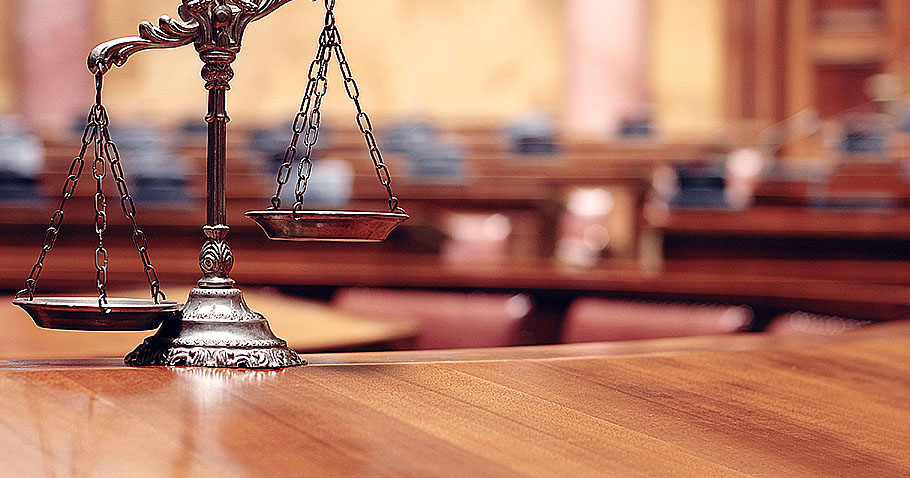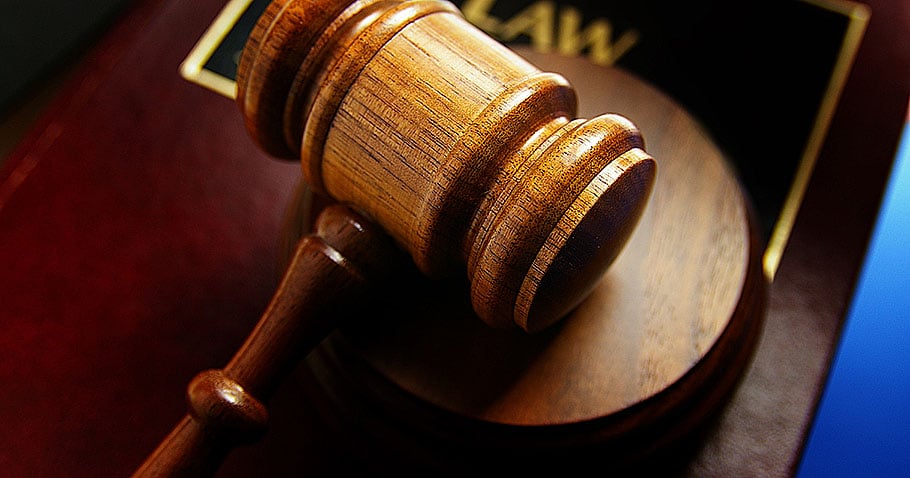Whenever police arrests anyone found guilty of a crime then the defendant can post bail and be free till the trial date. All courts accept different types of bail including cash, collateral or a surety bond from a bail bondsman. Most of the people find it beneficial to hire a professional bondsman who charges a fee for his service. If the defendant defaults in paying the remaining amount then the bondsman holds the right to sell the collateral or charge you with interest or late fees. Then the bondsman sends the bill to the collection agency.
Bail Process
The bail process begins when the complaint is lodged with police and leads to arrest of defendant. Within few days of the charges, the accused appears before a judge who decides a bail. The defendant or any one close to him or her can pay the entire amount to the court or hire a bondsman if find it difficult to clear all amount at once. People who are convicted of violent crimes cannot be released by paying bail amount and they have to wait for the trial.
Paying the Courts
If the accused wants to leave bail then the whole bail amount needs to be left with the court and then the court issues a bond stating that court will return the money when all charges against the accused will be dropped or the trial ends in court. But what happens if you (defendant) don’t pay your bail bond bills then the court does not release the accused.
Some people hire the services of a professional bondsman for the payment of bail amount to the court. He/She charges the accused or his family a fee for his or her service. He undertakes the surety that the defendant will appear in court on trial date and keep a surety bond with the court. On this condition, court releases the accused.
Debts to a Bondsman
In some cases, the defendant finds it difficult to pay the entire bondsman fees and then he can pay a percentage of the fee as up front. The client then owes balance on the fee not on the actual bond. If the defendant cannot pay the balance owed to the bond then bondsman charges late fees. In case the defendant keeps any collateral with bondsman then he holds the right to sell it to get his fees. If the bondsman finds it difficult to recover the fees from the collateral then he may seek help from a collection agency to garnish the amount.








Comments